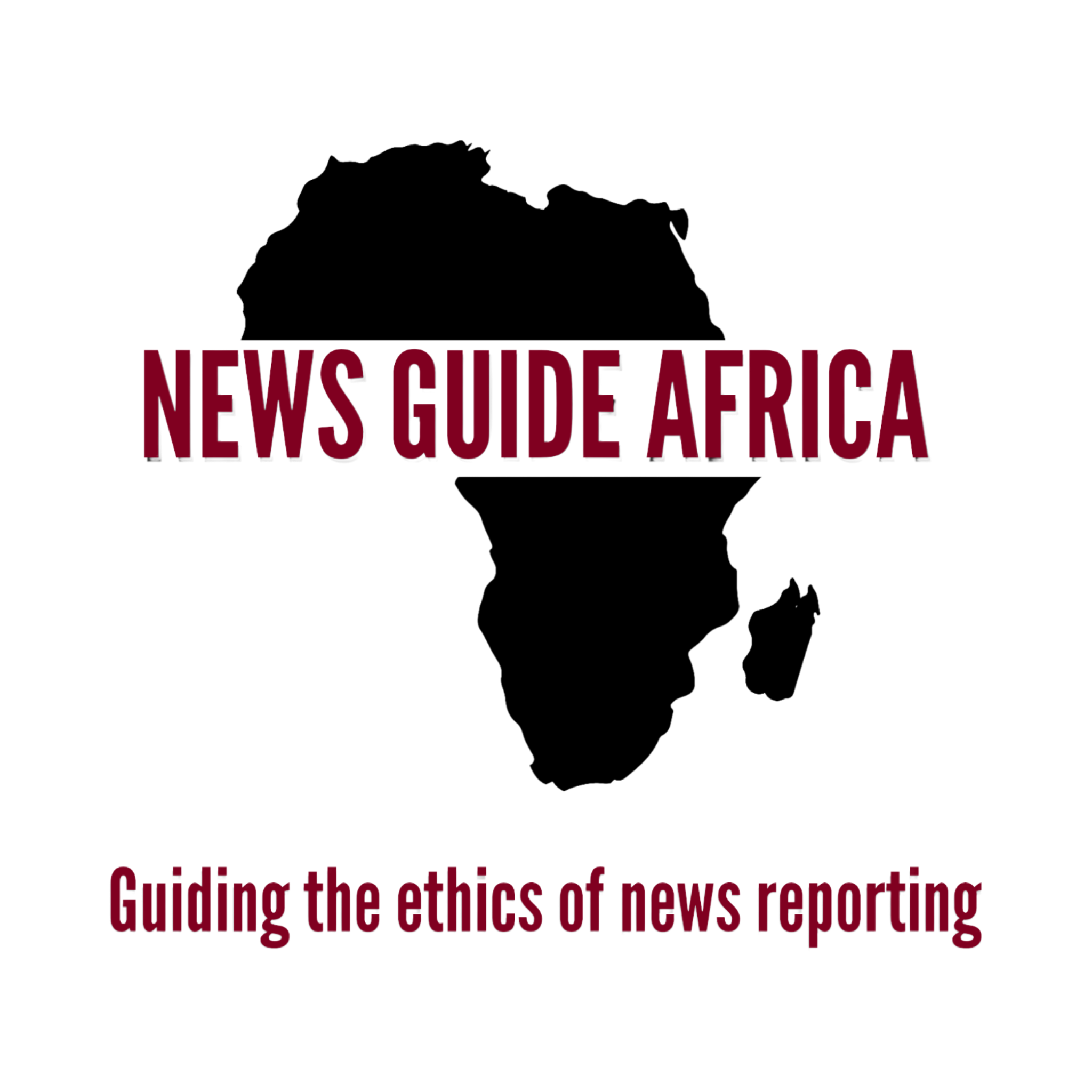Also, the absence of contract disclosure guidelines in the mining sector is seen to limit effective oversight of the sector especially in the area of project-specific fiscal terms and contractual obligations, the publication noted.
The Government of Ghana has not accepted contract disclosure policies in the mining sector, limiting oversight actors’ ability to identify project-specific fiscal terms and contractual obligations.
The brief explores what payments to government tell about the mineral fiscal regimes and revenue management structures within Ghana and what benefit local communities receive for mining activities within their communities.
The launch explored ways that the https://resourceprojects.org/ data platform can be used by government, civil society, media and oversight actors to better understand the revenues generated by the sector to enhance monitoring and accountability.
The brief indicated that, Asanko Gold, Golden Star Resources, Konross Gold, Perseus Mining and Xtra -Gold resources disclosed payment
s to the government under the Extractive Sector Transparency Measures Act (ESTMA) whereas Gold Fields, Angologlod Ashanti and Newmont made voluntary disclosures. This per the brief is seen as a positive step even though disclosures did not follow reporting provisions of the mandatory disclosure regulations made under the ESTMA.
As of 2017, 54% of mineral producing companies reported payments to the government voluntarily whiles 32% of these companies reported under the Extractives Sector Transparency Management Act. 14% of small-scale and artisanal mining companies did not disclose payments
However, Mr Martin Ayisi, Deputy CEO at the Minerals Commission, has given his commitment to ensure full contract disclosure in the mining sector and hinted on a review of the Minerals and Mining Act, 2006 (Act 703) as amended by the Minerals and Mining (Amendment) Act, 2015 (Act 900) to deal with some of the transparency and accountability gaps in the mining sector.
Meanwhile, Dr Steve Manteaw stressed on the need for an inter-agency collaboration especially between the Ghana Revenue Authority and the Minerals Commission to help scrutinize cost elements presented by mining companies to ensure that, they are able to collect the needed revenues for the state. Further to this, he encouraged anyone seeking data on the sector to officially request it from the Commission.
Also, Nafi Chinery, Ghana Office Manager of NRGI assured stakeholders of sustained conversations around contract disclosure and accountability issues in the extractive sector.
The Natural Resource Governance Institute is an independent, non-profit organization that provides policy advice and advocacy infused with lessons learned in the field and with insights developed through rigorous research. The Institute shares knowledge and experiences freely with policy-makers, accountability actors, and the global campaign for improved international norms.


